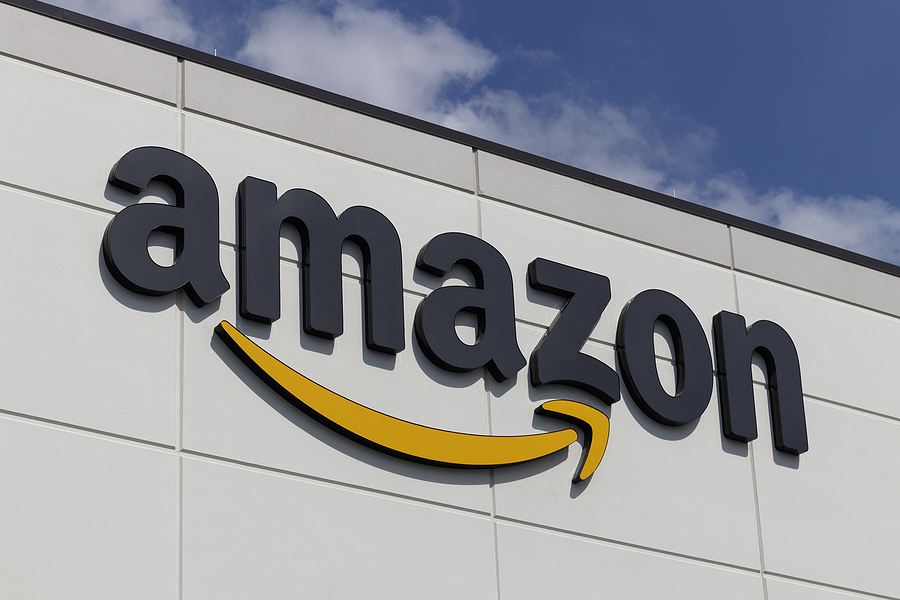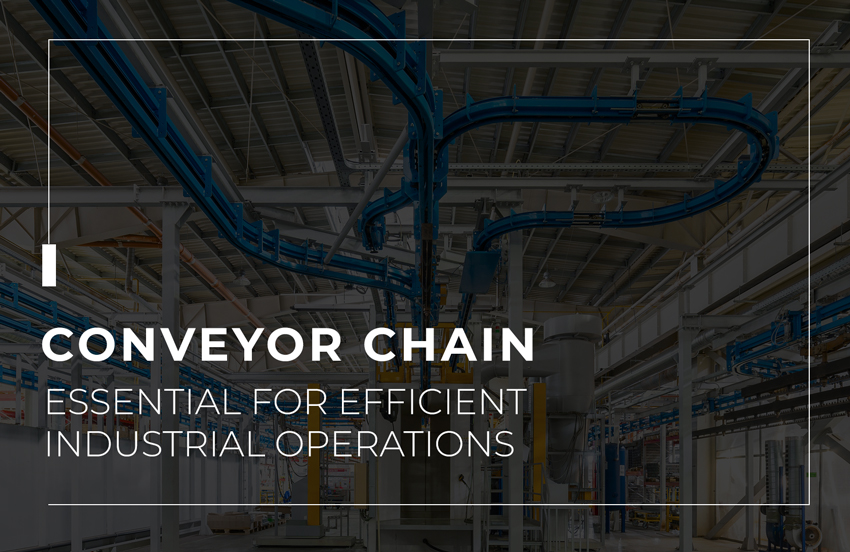It is no secret that Amazon continues to disrupt the most niche and technical markets through the AmazonSupply platform. The dedicated site offers a wide range of components and supplies to industrial, commercial, scientific, and business customers.
However, the disruption of an electronics store or local FMCG retailer is not the same as disrupting global players that supply some of the unique engineered components. Whether it’s agriculture, conveyor system, or industrial machinery, Amazon does not have streamlined operations to disrupt such technical marketplaces.
On the other hand, Amazon has become a platform for automotive and lawn equipment for enthusiasts and collectors. Still, the platform is far from supplying the same equipment for industrial use.
Amazon and Retail Transformation
On the surface, it looks like Amazon won’t be able to make a significant disruption in the supply of technical components to the manufacturing sector. However, if the company decides to opt for a major disruption in the manufacturing industry, it won’t be the same as Amazon’s strategy that disrupted (and transformed) the retail sector.
Historically, it is vital to understand that Amazon believes in relentless innovation and rapid growth. In fact, it continues to reshape and restructure the dynamics of the supply chain. Remember, Amazon is all about strategic delivery and growth.
But when it comes to supplying industrial-scale engineering parts to manufacturers, the company might have a different approach than the one that usually frustrates key market competitors.
Amazon and Manufacturing Sector
In simple terms, the question is, can Amazon’s magic formula work for supplying technical engineering parts an industrial scale? And the answer might be more complicated than you’d think. Contrary to misguided perception, Amazon is more than a retail giant. It produces various products such as Bluetooth speakers, backpacks, batteries, iPhone chargers, etc.
But Amazon’s product manufacturing capacity is not as radical as its retail initiatives. However, there is a solid chance it might expand and incorporate more complex categories in the mixture.
Recent Initiatives of Amazon
It is hard to overlook the recent innovative initiatives of Amazon in supply chain and logistics. In fact, it makes it incredibly difficult and tiresome for low-volume market competitors to follow the same pace of production.
Amazon’s Disruptive Supply Chain
Although Amazon prioritizes supply chain automation, more warehouses, and increased delivery time, its engagement with product manufacturing is minimal. It means as much as Amazon’s supply chain and logistics strategies are unique; it might not be willing to dive fully into the manufacturing sector and supply technical engineering product components.
Conclusion
At the moment, Amazon continues the harness the power of technological advancements such as automation, robotics, and drones to further establish its position in various marketplaces. In essence, it is hard to predict what would be the next course of action for Amazon to enter the complex and technical ream of manufacturing parts. But one thing is certain; it would focus on a more comprehensive supply chain strategy than local and key competitors.
REFERENCES:
- https://www.infosys.com/about/knowledge-institute/insights/documents/future-digital-disruption.pdf
- https://www.entrepreneur.com/article/312481
- https://sustainability.aboutamazon.com/people/supply-chain

Resourceful and innovative Marketing Pro, with 20+ years of progressive experience in the marketing and creative technology industry. Responsible for digital and traditional marketing efforts that promotes brand awareness, increases engagement, and drives revenue.
















